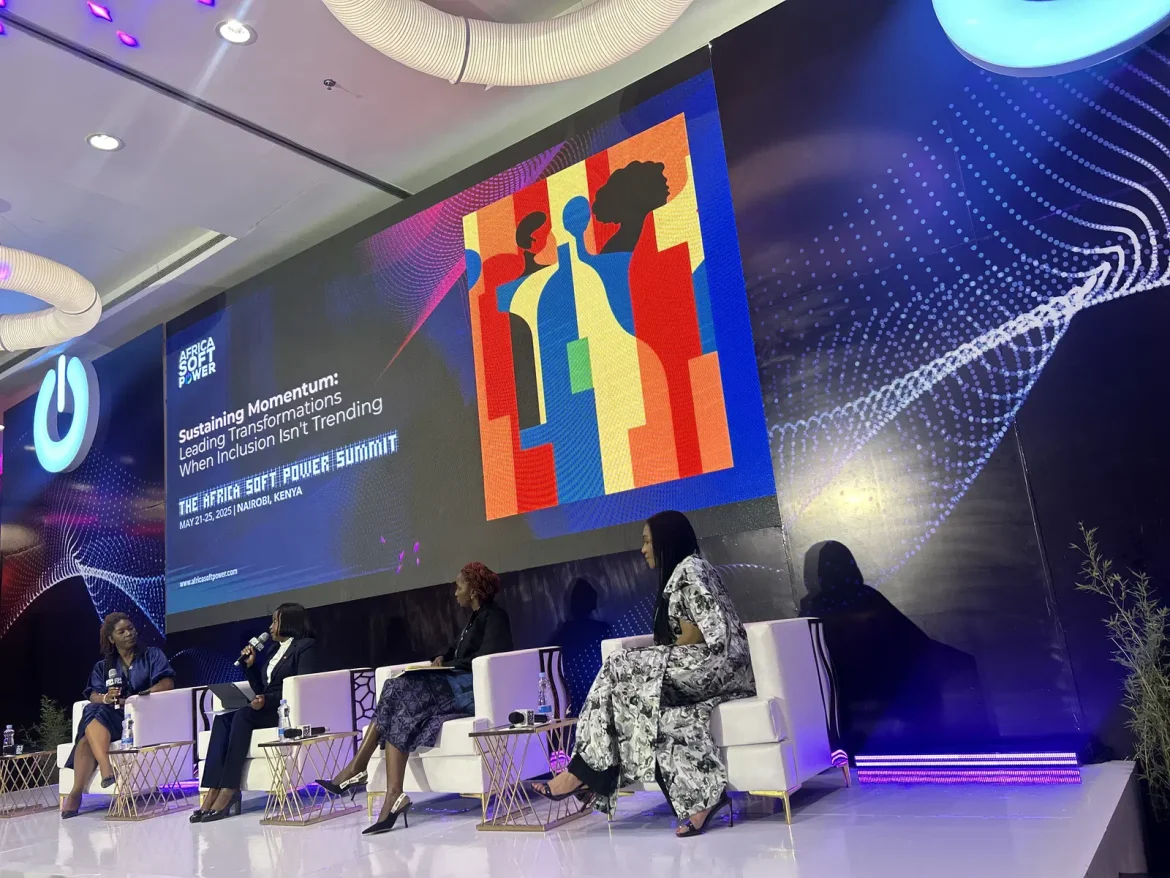Africa’s long-term economic growth and global competitiveness hinge on scaling local innovation and strengthening infrastructure, experts said at the 2025 Africa Soft Power Summit, which recently concluded in Nairobi, Kenya.
The summit, themed “Africa’s Growth Engine: Aligning the Flow of Money, Innovation, and Global Opportunities”, brought together policymakers, creatives, financial leaders and technologists from across the continent to discuss Africa’s development agenda from 23 to 25 May.
Organisers said the event served as a critical platform to align Africa’s financial systems, technology ecosystems, and creative industries with global opportunities in a way that supports inclusive and sustainable growth.
Founder of the Africa Soft Power Group, Dr. Nkiru Balonwu, said the summit’s primary goal was to “drive real action” around Africa-led, context-specific development. She stressed the urgent need for the continent to move away from dependency on foreign prescriptions.
“We can no longer afford to look outside for answers to problems that are uniquely ours. Innovation must be homegrown, and the infrastructure to support it must be reliable, accessible and inclusive,” Dr. Balonwu stated.
A core topic was gender equity in leadership, where Kenyan MP, Hon. Naisula Lesuuda, cautioned against “inclusion fatigue” and cosmetic diversity measures. She urged institutions to embed real equity in their governance structures.
Echoing her position, Mary Mulili, Executive Director at UBA Kenya, called for systemic change in creating leadership pathways for women, noting that diversity must be intentional and strategic.
At the Creative & Innovative Industries Conference, which formed part of the summit, participants spotlighted Africa’s growing relevance in digital finance, artificial intelligence (AI), film, and wellness.
Philip Ikeazor, Deputy Governor of the Central Bank of Nigeria (CBN), said financial regulators across Africa are revising frameworks to enhance digital finance in a way that improves access while ensuring macroeconomic stability.
“Infrastructure is what connects capital to innovation,” Ikeazor noted, emphasising the need for reliable energy supply and seamless digital payment systems across borders.
Dr. Seydina Moussa Ndiaye, President of the Senegalese Association for Artificial Intelligence, called for Africa to define AI in its own terms, arguing that control over data and infrastructure is central to the continent’s technological independence.
Also speaking, Lorna Omondi of Google Research Africa urged African developers to become active contributors to global AI ecosystems. She noted that open-source models present unique opportunities for inclusive technological growth.
On the role of the creative economy, Kola Aina, Founding Partner at Ventures Platform, advocated for authentic, contextual, and bankable African film projects that attract serious investment. He called for improved data, better distribution platforms and policies that reduce risk for investors.
Judy Kibinge, a prominent African filmmaker, decried the global bias for negative African stories, saying:
“We need diverse human stories that can travel globally without being boxed into pain narratives.”
Piracy emerged as a major threat to the industry, with Michael Strano of the Partners Against Piracy Association of Kenya revealing that the country loses up to $2.2 million daily to content piracy, a development that deters potential investors.
Panelists also addressed the beauty and wellness industries, describing them as emerging platforms for women-led entrepreneurship and crucial to healthcare access and job creation, particularly in underserved communities.
On remittances, the summit encouraged transforming diaspora flows into structured investments rather than isolated family transfers. This would require better transparency, policy alignment and interoperable financial systems to support climate adaptation and small business growth.
Speakers reiterated the need for African governments and institutions to take ownership of the continent’s development narrative by building systems and innovations rooted in local realities.
“Africa’s soft power lies in its people, its ideas, and its ability to innovate from within,” the organisers stated. “To unlock sustainable growth, we must build systems and narratives that are authentically ours—designed by Africans, for Africans, and trusted globally.”
